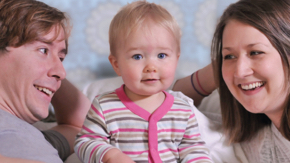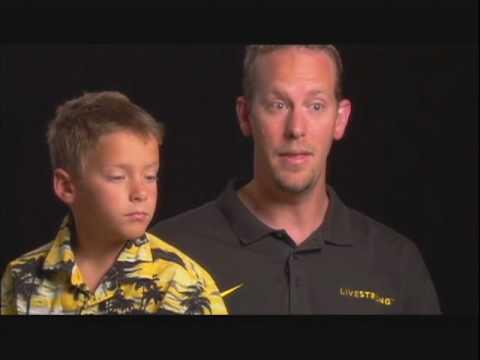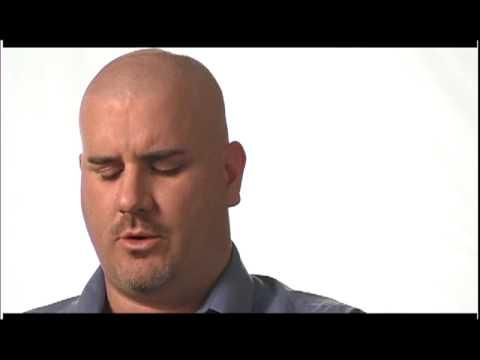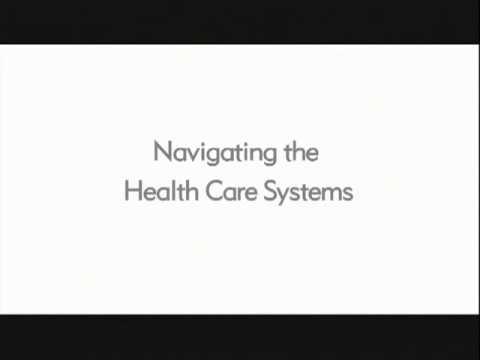Emotional Challenges When Facing Cancer and Infertility
The emotional toll can be particularly challenging for those whose future fertility is threatened by the very medications and procedures that were meant to save their lives. Sadness, loss, anger, regret, fear and uncertainty are just some of the feelings people face when dealing with cancer and infertility. Most people have at one time imagined what their future family might look like. A cancer diagnosis can put your life and that potential family at risk
The emotional toll can be particularly challenging for those whose future fertility is threatened by the very medications and procedures that were meant to save their lives. Sadness, loss, anger, regret, fear and uncertainty are just some of the feelings people face when dealing with cancer and infertility.
Most people have at one time imagined what their future family might look like. A cancer diagnosis can put your life and that potential family at risk
Maybe you aren’t sure if you want children later but need to think about fertility preservation now just in case. Or maybe you know you want children and need to make important decisions about fertility preservation before your cancer treatment begins. Maybe treatment has already affected your fertility, but you were never told about the risks of infertility by a health care professional.
The feelings that ensue can be overwhelming. You’re mad. You’re sad. You cry. You’re angry. You’re shocked. You want to scream. You’re empty inside. You feel guilty for some reason. You feel a sense of loss. You’re tired. And then it starts over again.
It’s important to know that you aren’t alone even though it may feel that way. And it’s normal for you to feel a mix of emotions.
There Is Help
Seek the help of a support group or a counselor for one-on-one support. Open communication with medical professionals, friends and peers, support groups and counselors is crucial when going through this experience. It is important to surround yourself with a strong support system as you decide your best course of action.
Even if you feel like your family and friends might not understand your particular struggles, they can still support you during this time. The important thing is that you don’t have to face your feelings alone. Livestrong Fertility can offer you experienced guidance in finding the support and resources you need during this time. We can also help you learn about your family-building options even after treatment.
Whether you’re the patient, a caretaker, a loved one or a health care professional, it’s important to know about the range of feelings that can come when facing cancer and infertility.
Sadness and Loss
Typically, when we think about loss we automatically think of death. However, loss can come in many forms. Infertility due to cancer is one of those losses. Not only are you experiencing the loss of the ability to have children, but also the loss of the potential family you might have hoped and dreamed about. These losses, similar to the death of a loved one, take time to be grieved.
Grief reactions vary and everyone grieves at their own pace. In particular, men and women may have different grief experiences with infertility. For example, it’s more common for women to seek support in the face of infertility than men. However, support groups, counseling and peer support are helpful for both men and women to process their grief. It’s important to give yourself time and not compare yourself or your experience to that of others.
Anger and Regret
Unfortunately, those diagnosed with cancer do not always receive information about infertility risks before starting cancer treatment. If this is you, you may be angry because you never had the opportunity to learn about options like postponing treatment to preserve fertility.
Maybe you were a child when diagnosed and your parents or guardians made the decision not to preserve your fertility. As an adult, you’re angry that you don’t have the ability to have biological children of your own and you never had the opportunity to make your own decision on the matter.
Beneath the anger, you could also be feeling sadness and loss. It’s normal to be livid one moment and in tears the next. Seek out those you can talk to. Others can help you resolve the overwhelming emotions that come with infertility.
Fear and Uncertainty
For those whose treatment could cause infertility, you may now be thinking about fertility preservation options. It’s common to be fearful about potentially missing your chance to have a family in the future. But it’s also common to be afraid of losing valuable time in your own cancer fight. The cost of fertility preservation is an important factor. You want to make the right decision about your present health and about your future happiness, but you’re uncertain about the "right" thing to do.
Finding Hope
You have family-building options wherever you are in your treatment plan — before, during or after cancer treatment. Contact Livestrong today at 855–220–7777. We can help you consider the factors, including cost, cultural/religious beliefs, legal needs and personal preferences for family–building. We can also help connect you with supportive resources in your community, including support groups and counselors.




